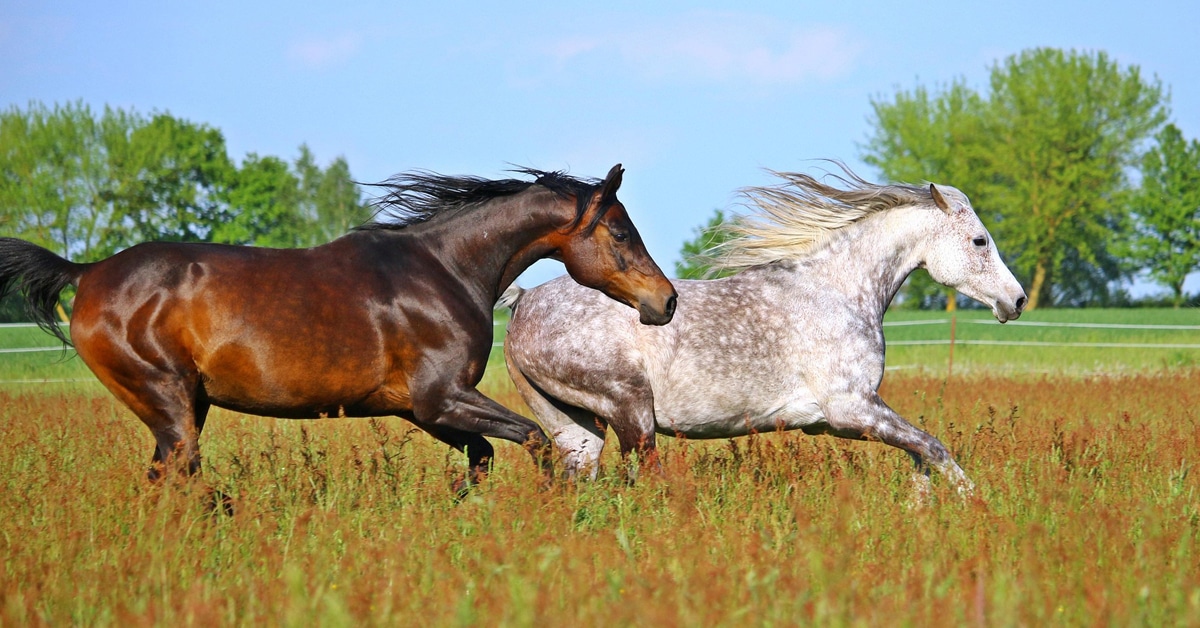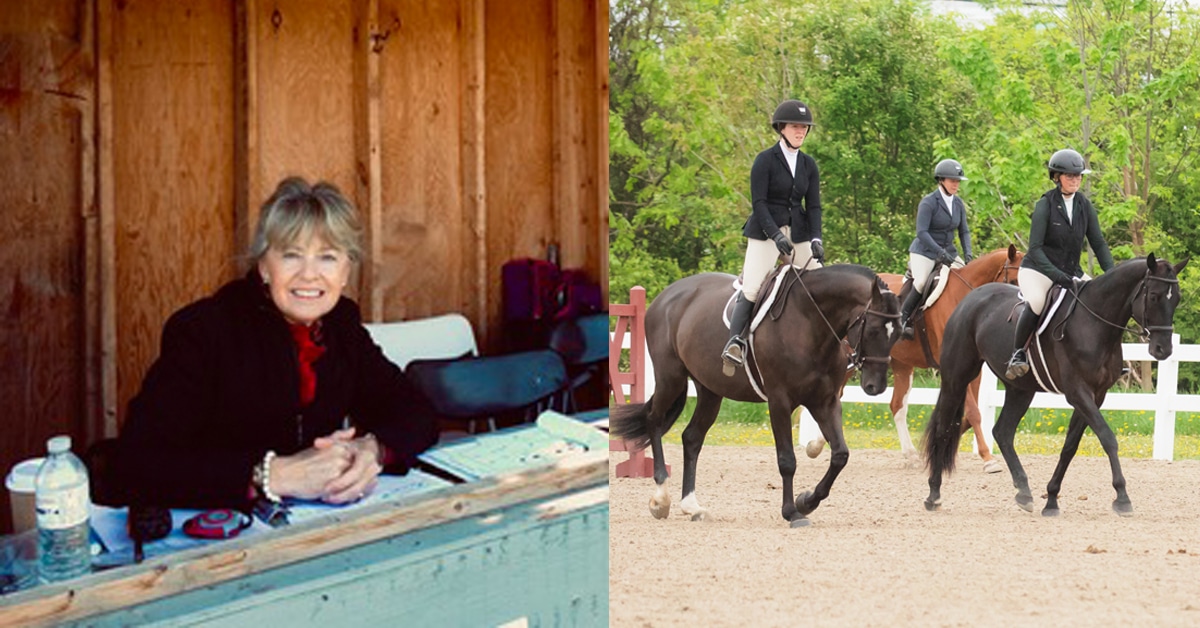Last December, a small group of competition organizers were advised by Equestrian Canada (EC) that a rule would be effective in 2021 that would prevent EC officials from working at competitions that are not sanctioned by EC. While certain sections of the EC rule book do permit some EC officials to work at PTSO events, a clause found in the Memorandum of Agreement (MOA) between the provinces and EC made this a universal option for all EC officials. Preventing EC officials from working at these shows would stifle non EC-sanctioned horse shows from being able to operate for lack of officials. EC, which is already in financial straits, earns much of its revenue directly and indirectly from the fees associated with these sanctioned competitions, but earns no money from provincial events. The issue, however, has raised questions about the ethics of asserting a rule at the expense of the officials who paid all of the considerable training costs to achieve their accreditation, not to mention the wisdom of alienating a significant portion of members who don’t care which type of show they attend.
On the Backs of Officials
The entire sport horse industry suffers from a lack of qualified officials. In fact, the FEI changed a rule requiring judges to retire at 70 to a competency based evaluation system to prevent a greater shortage. The problem exists in Canada as well which has a troubling lack of officials, mostly because of the time it takes to become certified to do a job with long hours, over weekends, for moderate pay. To become an accredited official takes several years of shadowing existing officials during a horse show as a volunteer. Those that persevere and earn the highest national certification as judges, course designers, and stewards earn $250-$500/day plus some expenses. Suffice to say, people are not getting rich judging or enforcing rules at horse shows, they do it out of love of the sport and community.
For EC to impose a restrictions on what professionals can earn in an already short Canadian season to address a bigger issue is ethically questionable, particularly so in the midst of a pandemic that has caused many to lose their income. Moreover, such restrictions could discourage anybody from trying to become accredited and will only exacerbate the current shortage.
EC vs Provinces
Unfortunately, the relationship between EC and the provinces has gone through many periods of tension, as is currently the case. The disagreement is not a new one and centers around money and delivery of services as agreed on in the MOA. Among other things, the MOA outlines the programs that EC is responsible for delivering to the provinces who are then required to pay 10% of their membership revenue for having access to those services. Some provinces are currently arguing that EC has not delivered their end of the deal and so they have refused to pay EC. As a result, the two are at an impasse such that the last MOA expired March, 31, 2020 and has yet to be renegotiated.
The status of the MOA is important because the expired contract includes a clause noting that EC would not “penalize, restrict, charge, nor discipline” an EC official who is also a provincial official. This paves the way for competitions to host provincially-sanctioned events using EC officials who also have provincial accreditation. However, EC’s CEO, Meg Kreuger, has advised competition organizers that because the MOA has expired the clause permitting all EC officials to work at PTSO events has also expired.
EC did not respond to questions in time for this article.
Cost vs. Benefit
In a widely distributed letter, competition organizer John Anderson from Alberta’s Rocky Mountain Show Jumping criticized EC for initiating the rule change. Anderson, who hosted a series of successful provincially-sanctioned shows last year, will be seriously impacted by this new rule.
“Nationally sanctioned Gold show organizers are required to pay about $1,400/show to host an event,” explained Anderson about the costs involved with nationally sanctioned events. “In addition, competitors are required to have their horse passport up-to-date, pay for a Gold license, pay a $20 Jump Canada fee, and a $7 drug fee. All of these extra costs add up and discourage the majority of competitors from attending these nationally sanctioned events.”
As these fees make up a sizable portion of EC’s annual revenue, the Federation is in a dire financial predicament without them. Yet, competitors are increasingly not seeing the value for their money.
“I understand that different regions in the country have value added to being nationally sanctioned,” add Anderson. “For example, competitors in Ontario enjoy the opportunity to compete at these shows because they earn points to attend The Royal Winter Fair. Unfortunately, until we come up with something of equal value to the membership in western Canada there is really no perk to being sanctioned by the national federation. Really, unless you are running FEI competition where riders earn international points, there is no value to competing at a nationally sanctioned event. At least 95% of people just don’t care, they just want to ride and have fun.”
That said, Anderson recognizes that a national federation is critical to the long-term health of the industry.
“I do believe that a strong National Federation is important so that competitions are properly sanctioned, horse welfare is addressed, and drug testing and vaccination protocols are in place, but not at the expense of the officials and our provincial organizations. I don’t envy the mess that our new CEO has inherited but commend her on taking the job, and feel that she could be the much needed change at the top that gets everything on the right track.”
EC is tasked with a giant mandate that covers the entire horse industry, multiple disciplines, equine health & welfare, recreation, and more. They have far more responsibilities than most (any?) other sports federation, and constantly struggle financially to fulfill them all. Poor management combined with a revolving door of CEOs (six in the last decade) makes the task increasingly difficult, but this seemingly small rule change could prove to be a battle that breaks EC’s bank. If competitors choose en masse to spend their hard earned money at less expensive shows because nationally sanctioned events don’t offer any value, this may well end up being an existential threat to the future of EC.
The Latest










